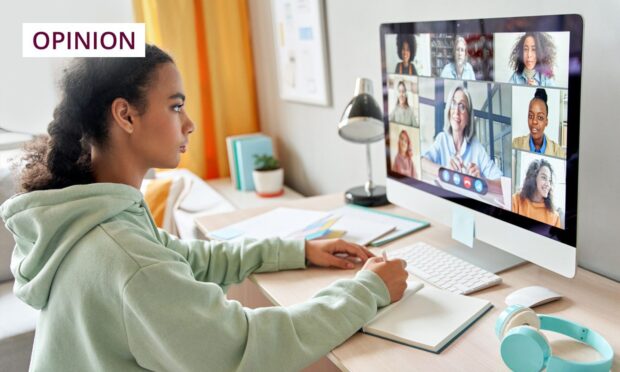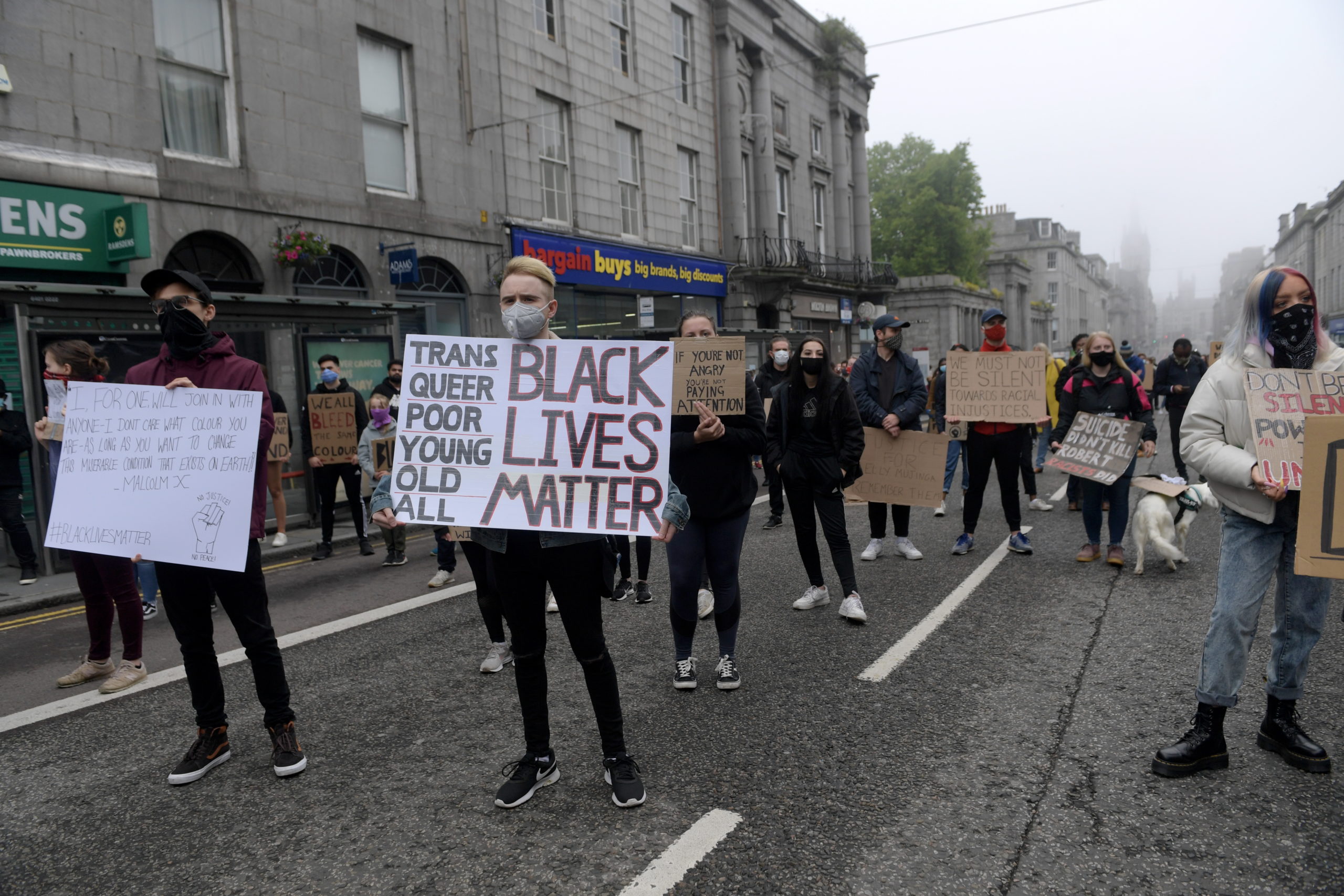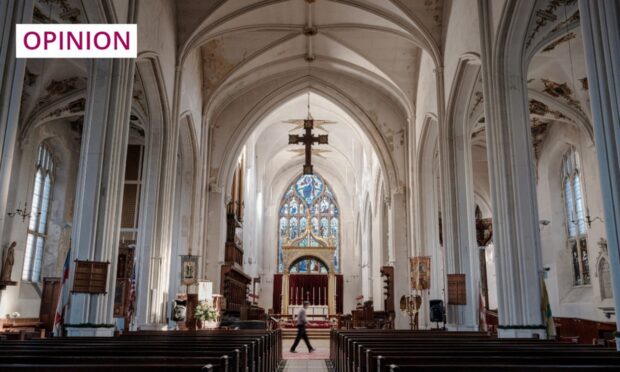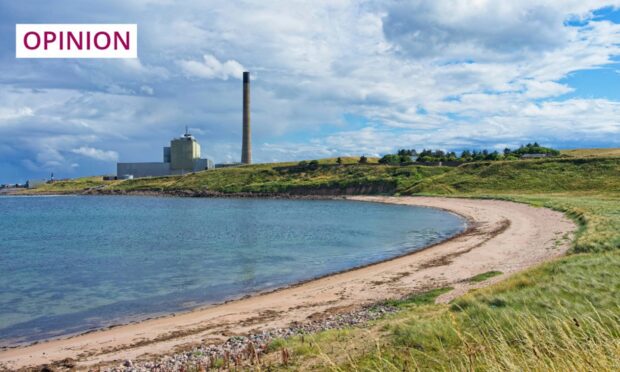I am not “OK” – and, as a Brown woman in this culture, I know there are consequences to admitting it openly.
I am to uphold a veneer of effortless excellence to combat the stereotypes. I am not a “bad migrant”. Every day, I am overwhelmingly aware that my appearance can quickly be generalised to other people of colour.
The reality is that we are living amidst a mental health crisis that disproportionately affects minorities. When I say “we”, I am speaking of people of colour who struggle with everyday racial trauma.
Over the past three years, the world has seen many participating in anti-racist protests, with masked individuals walking the streets holding Black Lives Matter signs.
According to the Campaign to End Loneliness website, “Covid-19 exacerbated existing inequalities, meaning that groups already at risk of loneliness – such as those who were poorer, in worse health or from ethnic minorities or LGBTQ+ communities – were at greater risk during the pandemic.” This statement was repeated for reports from data both during and post-pandemic.
So, as we remove the masks, can we take the lessons of Covid and centre the conversation on what real safety and well-being could look like for people of colour today?
As an academic, I was witness and privy to the heaviness of pandemic survival for Brown and Black people within higher education.
It was the end of term, right after stay-at-home orders had been given. Panic and anxiety were thick in the air and, yet, as an educator, I felt a responsibility to tend to my community.
During a campus-wide meeting, I had made a tearful, desperate plea to the institution to provide more support for our students. Most importantly, our marginalised students – Black, Brown, queer, trans – all were suffering severely from the extended lockdown and continued isolation.
I had an overwhelming sense of embarrassment that I couldn’t shake. I was horrified by my unplanned outburst. But we needed help. Faculty, staff and students were all overwhelmed. Many of us carried on with our regular teaching duties, swinging from panic to zombie-like survival modes. Yet, appearances had to be maintained for the sake of the students.
It was 2020. We knew very little about the virus, and undergraduates were sent home, often to places they had worked so hard to escape. These environments were often antithetical to their sense of self.
Some students had everything they needed, others had nothing
Remotely teaching courses, my office hours were filled with students self-harming, hiding from homophobic parents, or attempting to attend class while sitting outside fast food restaurants so they could access wifi in their hometowns. During lectures, on the same screen, I could see students with lavish mansions.
My non-white colleagues were overextended and scrambling. Family lives strained by the unrelenting nature of it all. Through emails and texts, we listened to each other and shared resources we had taken it upon ourselves to find. The administration had other concerns. We were dealing with students with self-harm scars and eating disorders. We were not counsellors yet, at the very least, we were accessible and familiar.
I was completely unprepared to be a lifeline to students while millions – mostly poor, non-white individuals – were disproportionately dying. I had imagined that my experience would serve to inspire these students to persevere.
Our pandemic stories are still beneath the surface
In my seven years spent doing postgraduate work in England, I had endured levels of racism I never could have foreseen. It was a daily struggle to use public transport or buy groceries without being racially harassed; my American accent and Philippine features were too dissonant for the locals. I was an exotic bird who sang the wrong song.
Nevertheless, with the support of other Brown and Black expats and academics, I managed to finish my degrees. Living in England, I had been traumatised by the ongoing harassment, but emboldened by the community who normalised talking honestly about the difficulties of living in the UK.
There was no time to mourn, to process, and few of us were fortunate enough to get access to counselling while the constant drum of ‘keep calm and carry on’ echoed
By no means am I saying that my experience is unique for an academic of colour. I share as one of many struggling to care for themselves after the upheaval of recent years.
In 2023, these pandemic stories have not dissipated but exist beneath the surface. There was no time to mourn, to process, and few of us were fortunate enough to get access to counselling while the constant drum of “keep calm and carry on” echoed.
We are still struggling with the pre-pandemic factor of existing in a predominantly hostile environment for people of colour, and yet we carry these recent pandemic experiences in addition to the pre-existing daily challenges of survival. Sharing these stories can help to normalise the toll to the mental health of our communities.
Baltimore-born Marlo De Lara PhD FRSA now lives in Scotland and is an artist and academic concerned with the intersections of collective care, everyday life and social justice
- This article is part of a partnership with Pass the Mic, a project focused on increasing representation of women of colour in Scottish media











